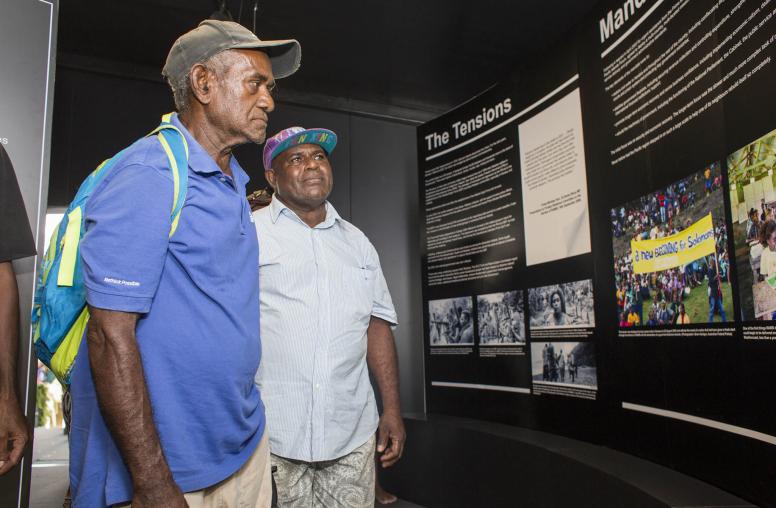Serbia One Year After, Featuring Prime Minister Zoran Djindjic
Prime Minister Zoran Djindjic faces important questions concerning reform and the future:
- What progress has been made one year after the fall of Milosevic?
- Why are the judiciary, the army, and the media lagging?
- What can be done about Belgrade's remaining ties to Republika Srpska?
- What advances have been made in economic reform and privatization of state assets?
- What can be done about corruption and organized crime?
- What does the future hold for Montenegro and Kosovo?
- How can Serbia contribute to regional stability?
- What can the U.S. do to support democratic forces in Serbia?
The presentation was followed by questions from the floor.
Speakers
- Prime Minister Zoran Djindjic
Republic of Serbia
- Minister Bozidar Djelic
Ministry of Finance and Economy, Republic of Serbia
Moderator
- Daniel Serwer
Director, Balkans Initiative
United States Institute of Peace





